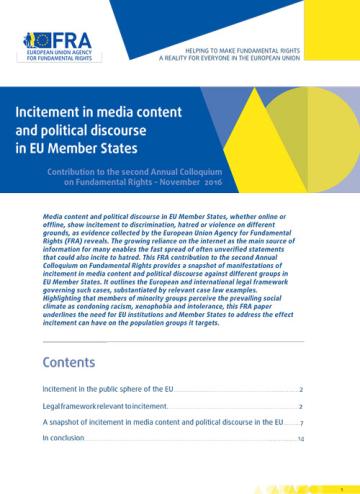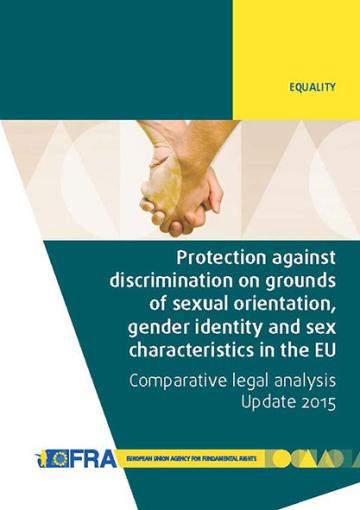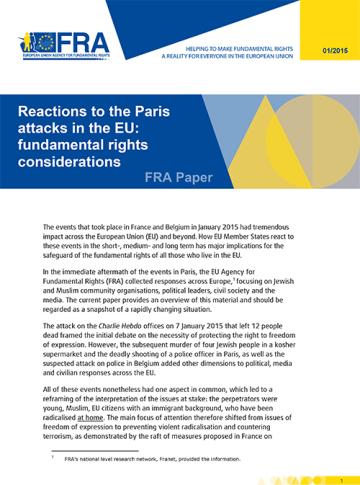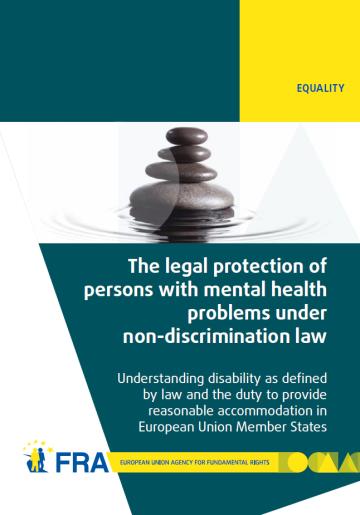1. Articolul 11 corespunde articolului 10 din CEDO, având următorul text:
`(1) Orice persoană are dreptul la libertatea de exprimare. Acest drept cuprinde libertatea de opinie şi libertatea de a primi sau de a comunica informaţii sau idei fără amestecul autorităţilor publice şi fără a ţine seama de frontiere. Prezentul articol nu împiedică statele să supună societăţile de radiodifuziune, de cinematografie sau de televiziune unui regim de autorizare.
(2) Exercitarea acestor libertăţi ce comportă îndatoriri şi responsabilităţi poate fi supusă unor formalităţi, condiţii, restrângeri sau sancţiuni prevăzute de lege, care constituie măsuri necesare, într-o societate democratică, pentru securitatea naţională, integritatea teritorială sau siguranţa publică, apărarea ordinii şi prevenirea infracţiunilor, protecţia sănătăţii sau a moralei, protecţia reputaţiei sau a drepturilor altora, pentru a împiedica divulgarea de informaţii confidenţiale sau pentru a garanta autoritatea şi imparţialitatea puterii judecătoreşti.`
În conformitate cu articolul 52 alineatul (3) din cartă acest drept are acelaşi înţeles şi acelaşi domeniu de aplicare ca şi cel garantat prin CEDO. Restrângerile care pot fi aduse acestui drept nu le pot depăşi, prin urmare, pe cele stabilite la articolul 10 alineatul (2), fără a aduce atingere restrângerilor pe care dreptul concurenţei din Uniune le poate impune posibilităţii pe care o au statele membre de a introduce regimurile de autorizare menţionate la articolul 10 alineatul (1) a treia teză din CEDO.
2. La alineatul (2) din acest articol sunt explicate consecinţele alineatului (1) în ceea ce priveşte libertatea mijloacelor de informare în masă. Acesta se întemeiază în special pe jurisprudenţa Curţii de Justiţie în domeniul televiziunii, în special în cauza C-288/89 (hotărârea din 25 iulie 1991, Stichting Collectieve Antennevoorziening Gouda şi alţii, Rec. p. I-4007) şi pe Protocolul privind sistemul de radiodifuziune publică din statele membre, anexat la Tratatul CE şi de acum înainte la tratate, precum şi pe Directiva 89/552/CEE a Consiliului (a se vedea în special considerentul 17).




